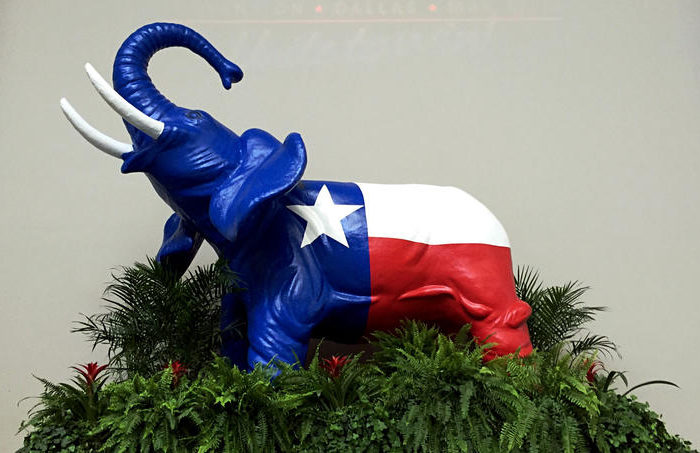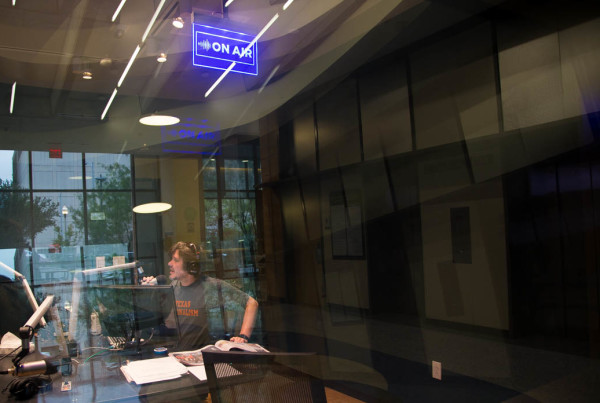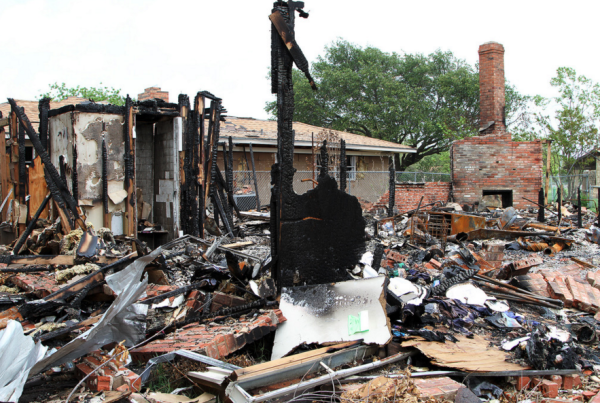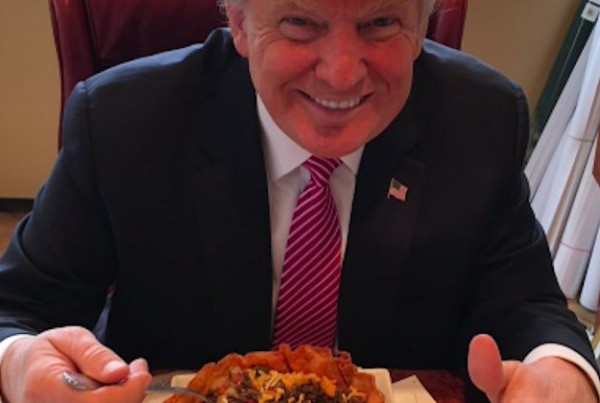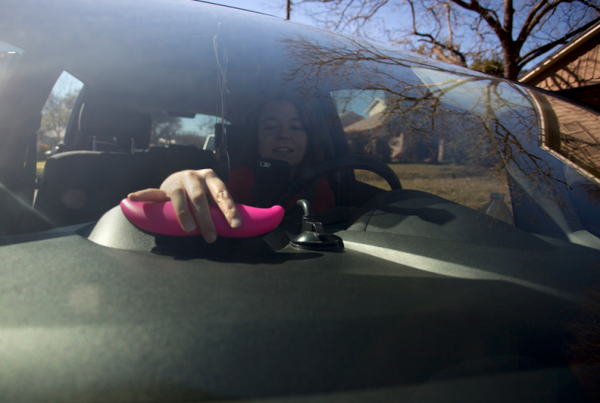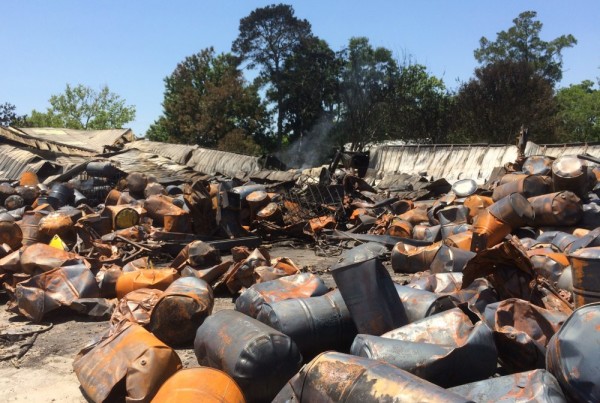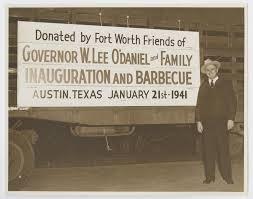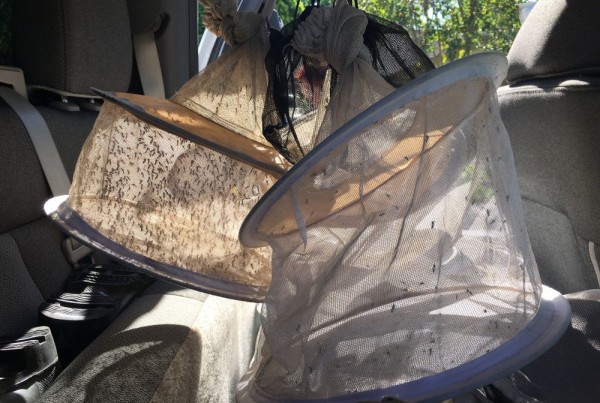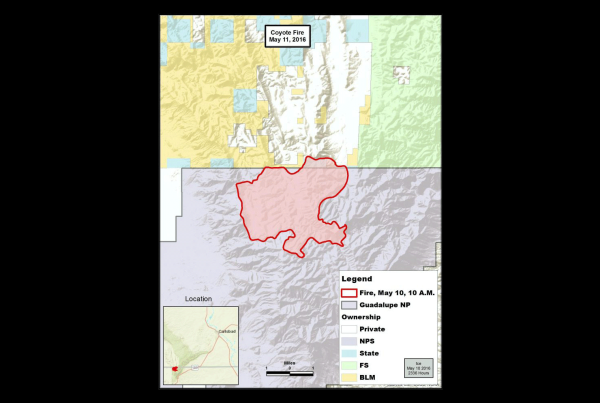From KERA News:
The Texas Republican Convention gets into full swing Thursday at the Kay Bailey Hutchinson Convention Center in Dallas. The event is one of the largest political gatherings in the country.
It happens every two years: thousands of party faithful pack into a convention center to schmooze, debate, argue and hear from a veritable who’s-who of Republican speakers.
“All of our candidates for 2016 will be here,” said Mike Joyce, communications director for the Republican Party of Texas.
There is one caveat in that list of 2016 candidates: The top of the ticket. Joyce says despite the rumors, he doesn’t expect the Republican Party’s prospective nominee Donald Trump to show.
“We are told that there will be a surrogate speaking, so there will be someone speaking on behalf of the campaign,” Joyce said.
Home state Senator Ted Cruz won the March primary handily, and two thirds of the delegates sent to this convention are his – though that’s a bit of a moot point now. Still, the bruising campaign has left many Cruz supporters wondering if they’re ready for Trump. 18-year-old Katrina Pradia from San Antonio grew up phone banking and door-knocking for presidential candidates. She says she can’t imagine doing it this fall.
“We’re praying about it,” Pradia says. “And if I feel like the right thing to do is to support him, then I will. I don’t like it, but I’ll do it.”
For those looking for a spectator sport, there’s always the battles over the party’s platform. It’s a list that often draws attention for its more polarizing ideas. Still, the platform is also like a set of marching orders in a state where Republicans control every state-wide elected office and both houses of the legislature. Senator Kelly Hancock from North Richland Hills is the outgoing chairman of the Senate Republican Caucus in Austin.
“If we know what their core principles are,” Hancock said, “then we go from there and determine what legislative action takes place when we meet and convene in January [for the biennial legislative session].”
Expect fierce debates over medical marijuana, gay, lesbian and transgender issues, even whether the Texas should stay in the United States. Hancock says there are sometimes tense moments when grassroots activists show up to press their issues. That, he argues actually makes the party stronger.


